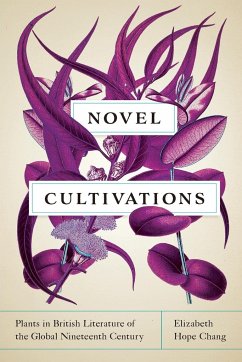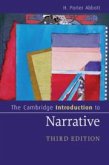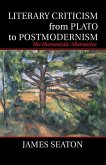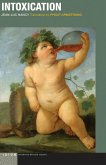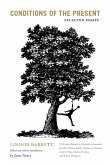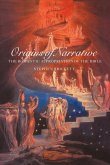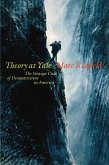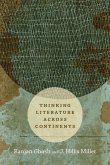Nineteenth-century English nature was a place of experimentation, exoticism, and transgression, as site and emblem of the global exchanges of the British Empire. Popular attitudes toward the transplantation of exotic species--botanical and human--to Victorian greenhouses and cities found anxious expression in a number of fanciful genre texts, including mysteries, science fiction, and horror stories. Situated in a mid-Victorian moment of frenetic plant collecting from the far reaches of the British empire, Novel Cultivations recognizes plants as vital and sentient subjects that serve--often more so than people--as actors and narrative engines in the nineteenth-century novel. Conceptions of native and natural were decoupled by the revelation that nature was globally sourced, a disruption displayed in the plots of gardens as in those of novels. Elizabeth Chang examines here the agency asserted by plants with shrewd readings of a range of fictional works, from monstrous rhododendrons in Daphne du Maurier's Rebecca and Mexican prickly pears in Olive Schreiner's Story of an African Farm, to Algernon Blackwood's hair-raising "The Man Whom the Trees Loved" and other obscure ecogothic tales. This provocative contribution to ecocriticism shows plants as buttonholes between fiction and reality, registering changes of form and content in both realms.
Hinweis: Dieser Artikel kann nur an eine deutsche Lieferadresse ausgeliefert werden.
Hinweis: Dieser Artikel kann nur an eine deutsche Lieferadresse ausgeliefert werden.

